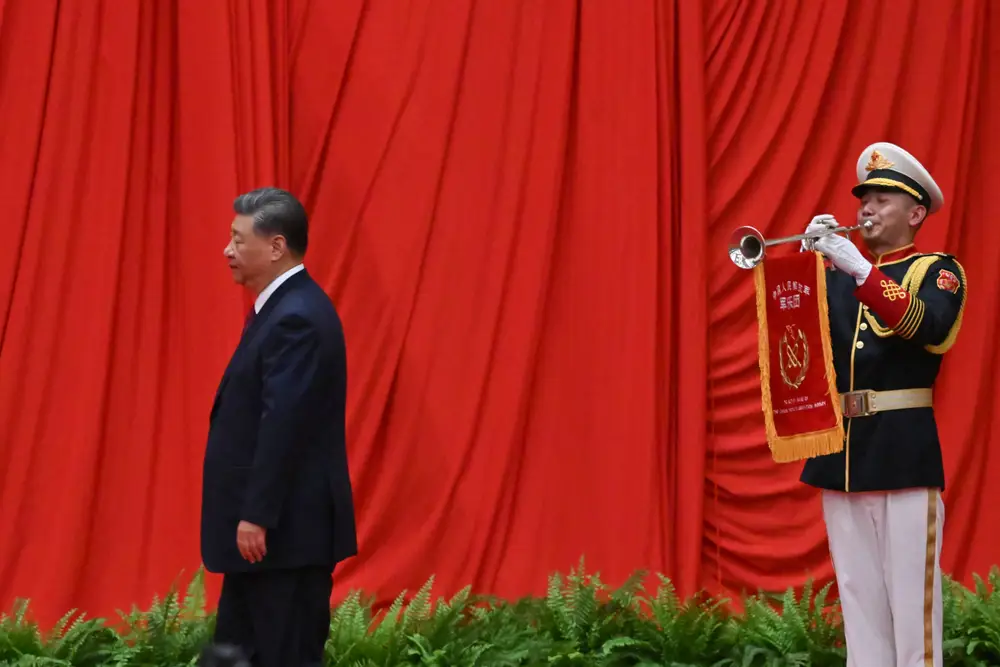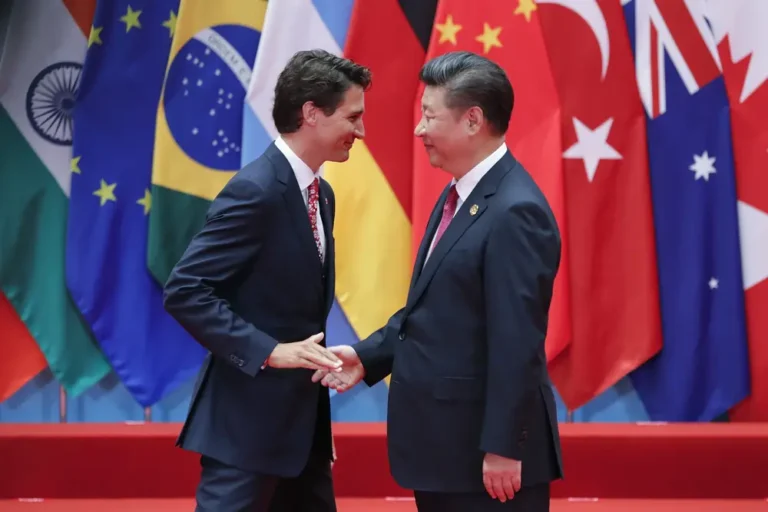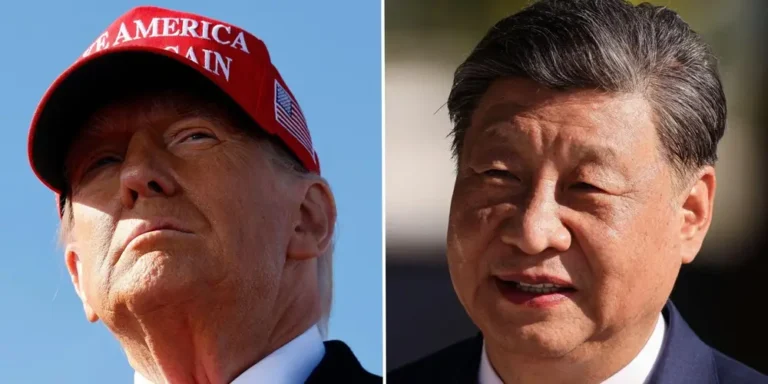Even Xi Jinping admits China has a painful road ahead despite his new stimulus

Chinese leader Xi Jinping urged China to “prepare for rainy days” ahead, even after his government announced a stimulus that set off a market rally last week.
China’s surprise stimulus triggered a massive rally in its equities last week, but even its leader, Xi Jinping, isn’t celebrating yet.
In his first remarks about the nation’s condition since the stimulus announcement, Xi warned of “violent storms” ahead and urged China to prepare for hardship while portraying it as determined to succeed.
“The path forward will not be smooth,” he said in a speech on Monday in Beijing. “There will definitely be difficulties and obstacles, and we may encounter major challenges, such as strong winds, high waves, or even violent storms.”
Xi was speaking on the 75th anniversary of the People’s Republic of China, using the occasion to promote his regular messages, such as modernizing the country and absorbing Taiwan under Beijing’s rule.
However, he didn’t mention the wide range of stimulus efforts that his government unveiled on Tuesday. These included issuing $284 billion in sovereign bonds and cutting mortgage and short-term interest rates.
They’ve given way to a surge in optimism for China’s deeply suffering economy, though skeptics say it’s unlikely that the policy changes will come close to fixing the bevy of issues behind the slump.
Xi’s own words at the Great Hall of the People reflected that caution, though his administration took pains on Monday to portray China with pomp and pride. A grand orchestral choir sang the nation’s praises as clips of its industries and landscapes flashed on a towering screen before rows of officials.
The Chinese leader spoke of a “new era” for China with a “bright and brilliant prospect,” but at the end of his speech cited a traditional poem to say that the nation was only halfway to its goals.
“We must ready ourselves for danger, prepare for rainy days,” Xi said.
Beijing’s stimulus package came as its government urgently seeks to revive plunging sentiment in China’s economy.
The country struggled through three years of strict lockdowns during the COVID-19 pandemic, which sank businesses and forced consumers to tighten their belts. And that was on top of the major headwinds in China’s already ailing property market.
Barclays analysts estimated earlier this month that the households there lost a combined $18 trillion in wealth, averaging about $60,000 per three-person household. That’s almost four times the median annual wage of a typical city employee.





